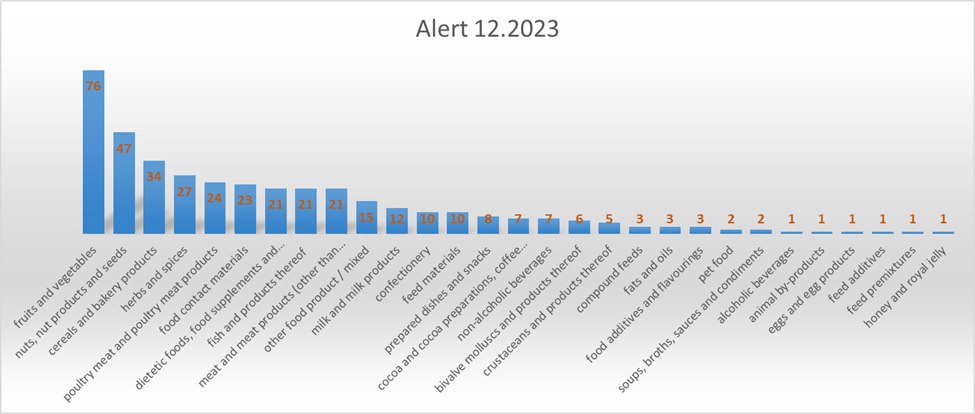On August 6, the U.S Environmental Protection Agency (EPA) announced the emergency suspension of all registration of pesticide dimethyl tetrachloroterephthalate (DCPA or Dacthal) under the Federal Insecticide, Fungicide and Rodenticide Act (FIFRA) to address the risk of serious human health problems, especially to unborn babies.
DCPA is a registered pesticide for the control for weeds in both agricultural and non-agricultural settings, primarily used on crops such as broccoli, brussels sprouts, cabbage, and onions. In May 2023, EPA published its assessment of occupational and residential risks from products containing DCPA. The assessment found health risks associated with the use and application of DCPA even with the use of personal protective equipment and engineering controls. The most serious risks are associated with pregnant women. EPA estimates that some pregnant individuals handling DCPA products could be subjected to exposures four to 20 times greater than what EPA has estimated is safe for unborn babies. In April 2024, EPA issued a public notice of significant health risks to fetuses and pregnant women exposed to DCPA.
Fetuses whose pregnant mothers are exposed to DCPA, sometimes without even knowing the exposure has occurred, may experience changes in fetal thyroid hormone levels, and these changes are often associated with low birth weight, impaired brain development, decreased IQ, and impaired motor skills later in life, some of which may be irreversible.
This emergency order is effective immediately because of the urgency of the situation.
Details attached see link: https://www.epa.gov/newsreleases/epa-issues-emergency-order-stop-use-pesticide-dacthal-address-serious-health-risk-4


